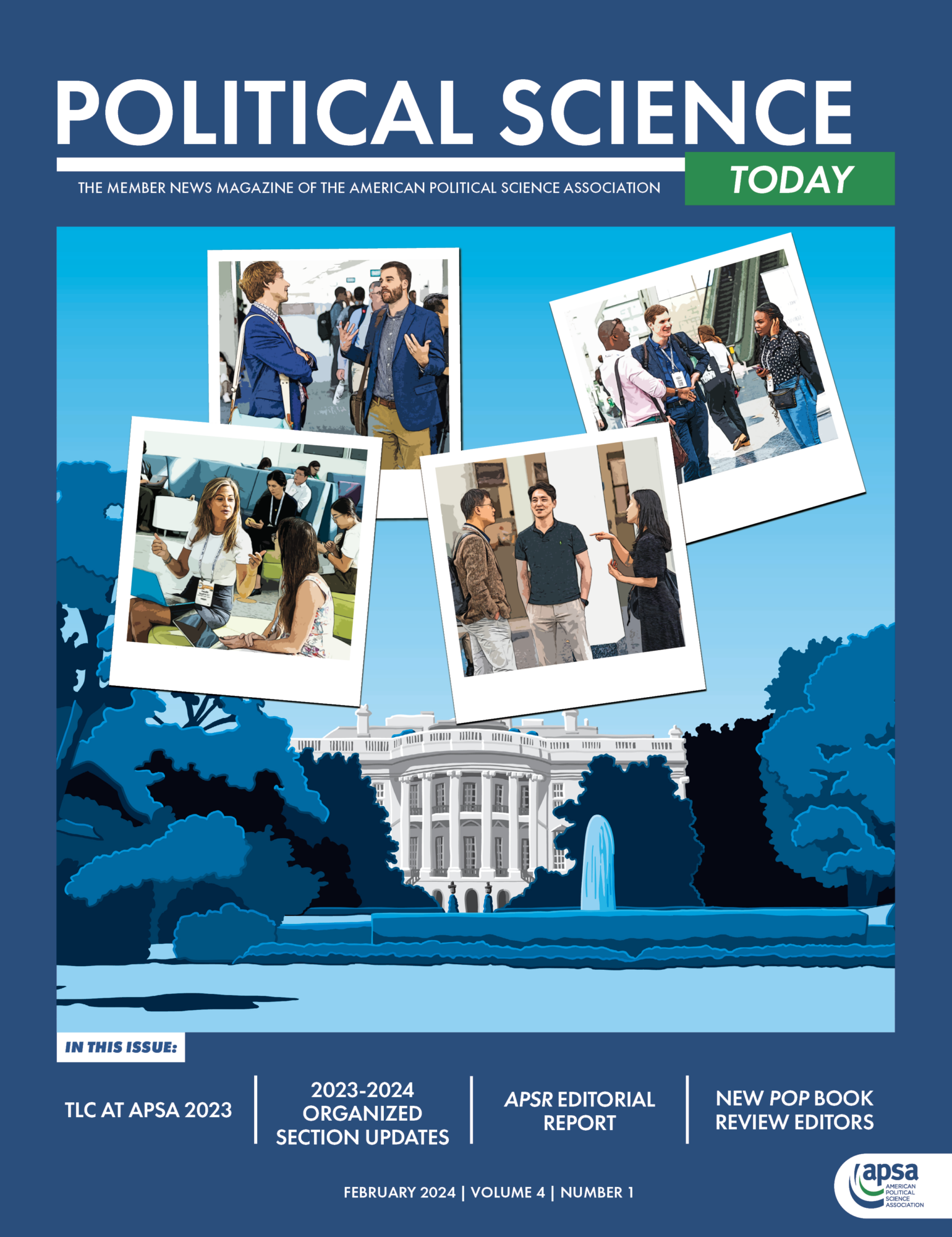What is critical pedagogy? How do political science educators address identity, race, class and sexuality in the classroom? How and what materials do we bring to the political science classroom to encourage students to make connections and see themselves in the world? And how does our own identity as political science educators influence our decision to teach at certain types of institutions?
To answer these questions, Dr. Julia Jordan-Zachery (University of North Carolina, Charlotte/incoming Wake Forest University), chair of APSA’s Teaching & Learning Policy committee, conducted three interviews with political science faculty. The third and final interview of our series concludes with a discussion with Dr. Terza Silva Lima-Neves (Johnson C. Smith University). You can view part one and part two of this series by clicking on the icon on the right.
Dr. Terza Silva Lima-Neves is associate professor of political science and chair of the Department of Social and Behavioral Sciences at Johnson C. Smith University. Her courses, research and published scholarship focus on international politics, global gender studies, and the modern African diaspora in the United States, particularly gender and the Cabo Verdean community. Lima-Neves prides herself in offering culturally competent advising and mentoring to her students and is an active advocate for policies that create a life-work balance as well as render visible women, parents, people of color and other historically marginalized groups at institutions of higher education.
More interviews in this series:







